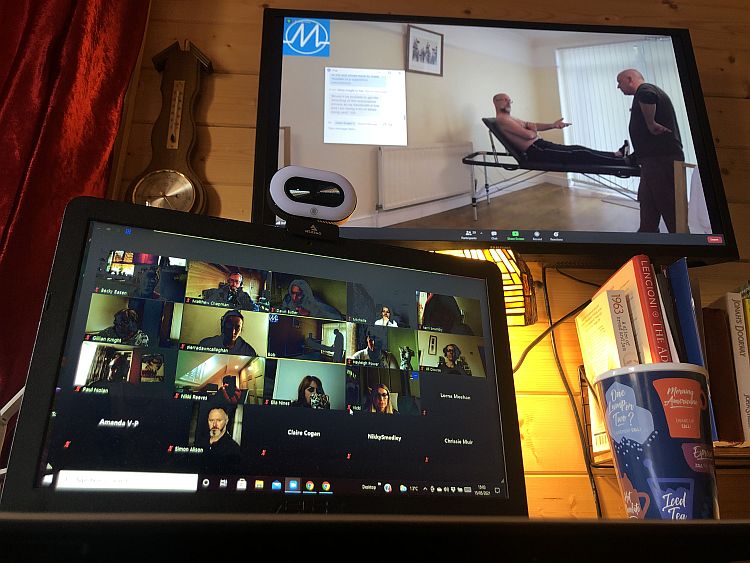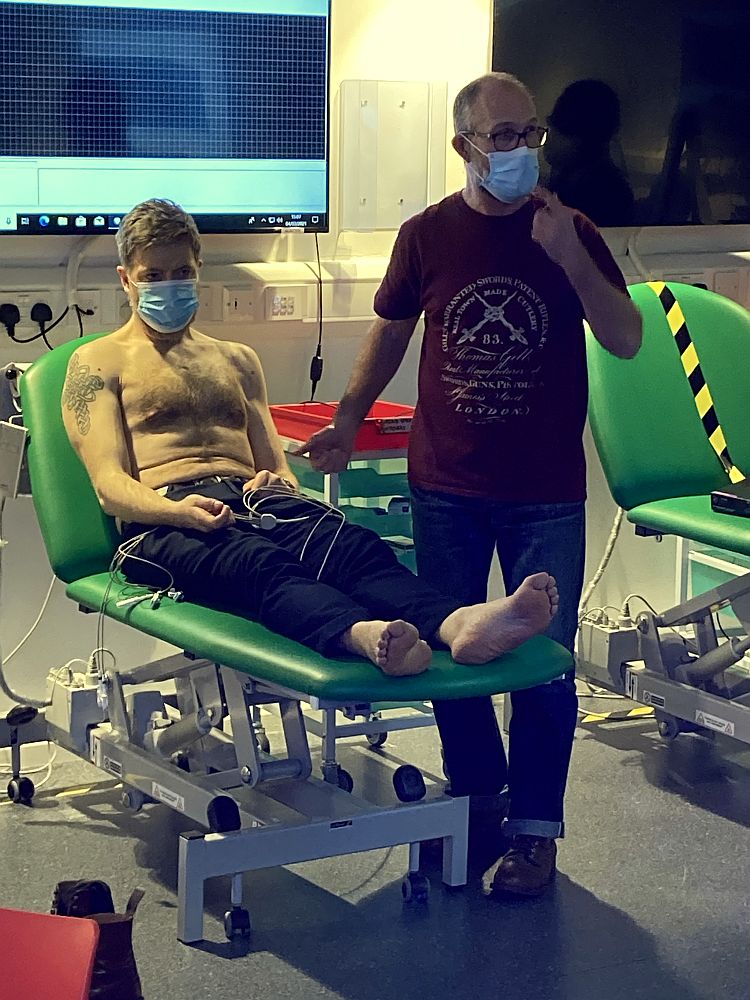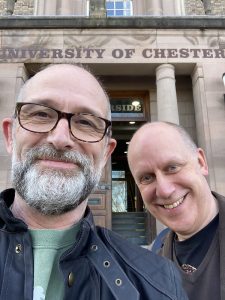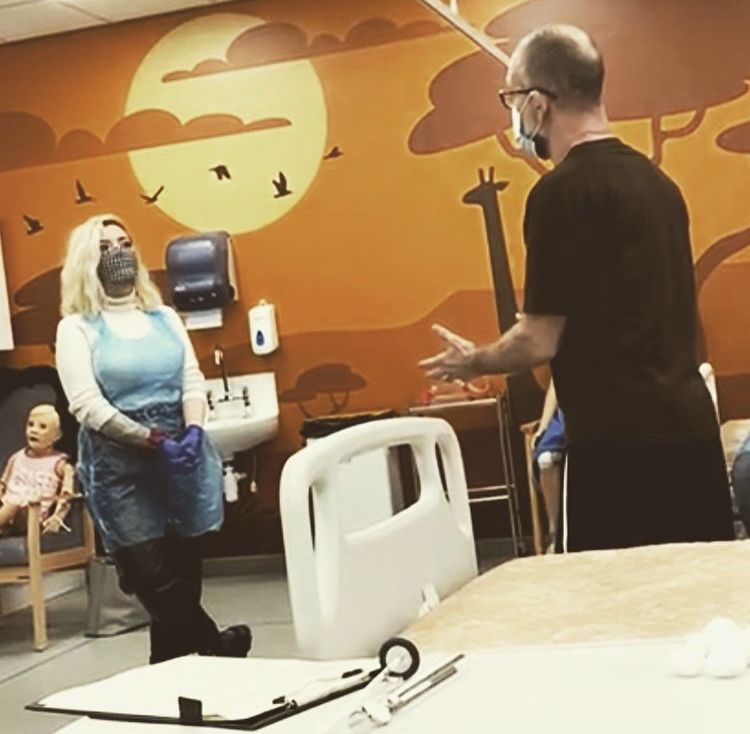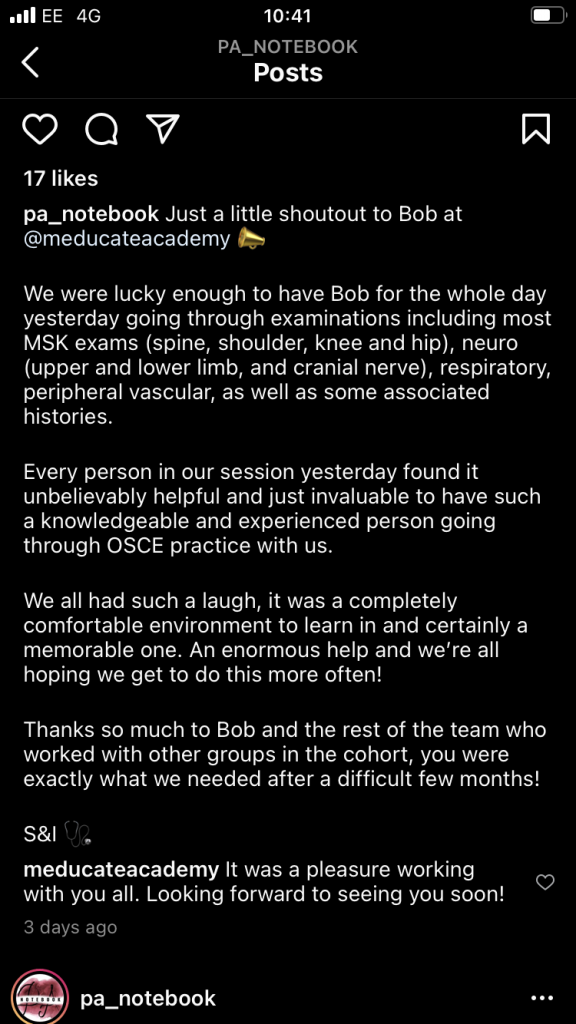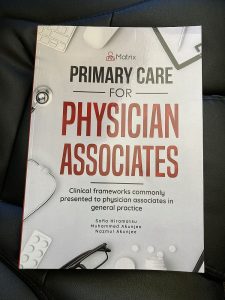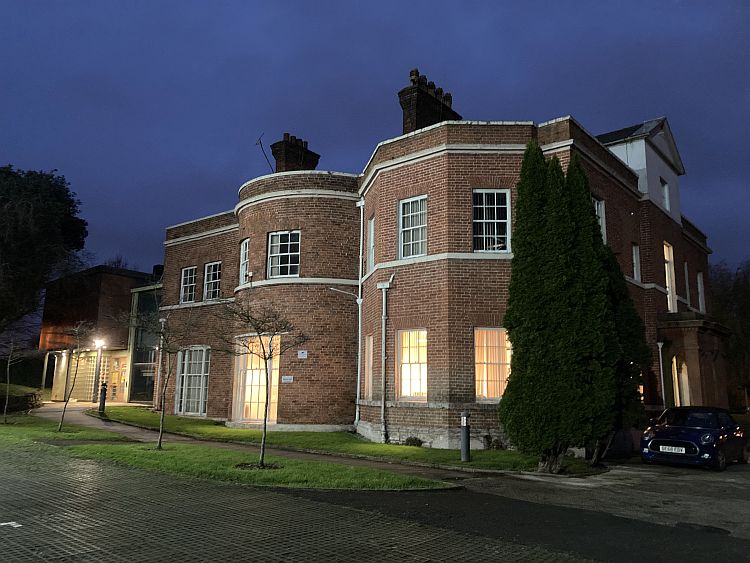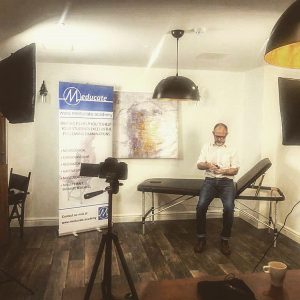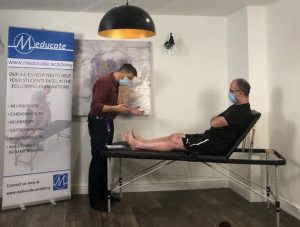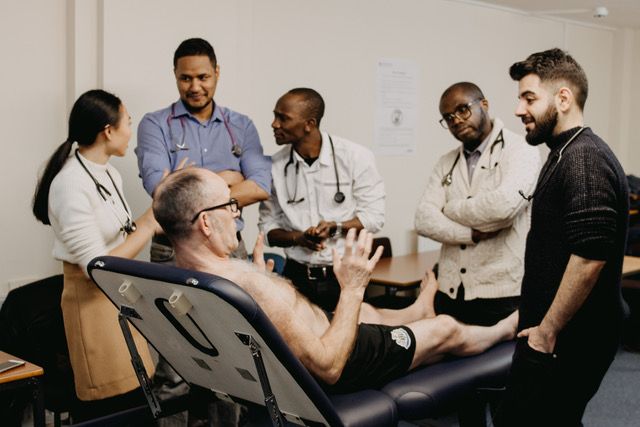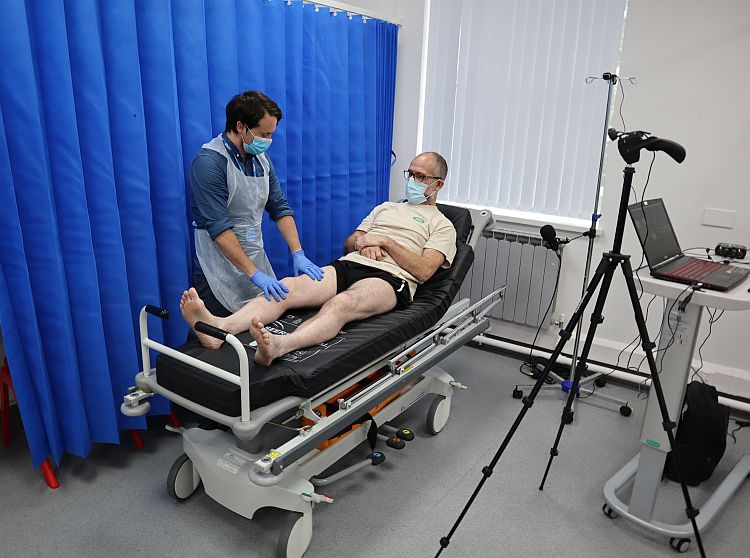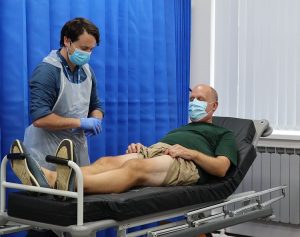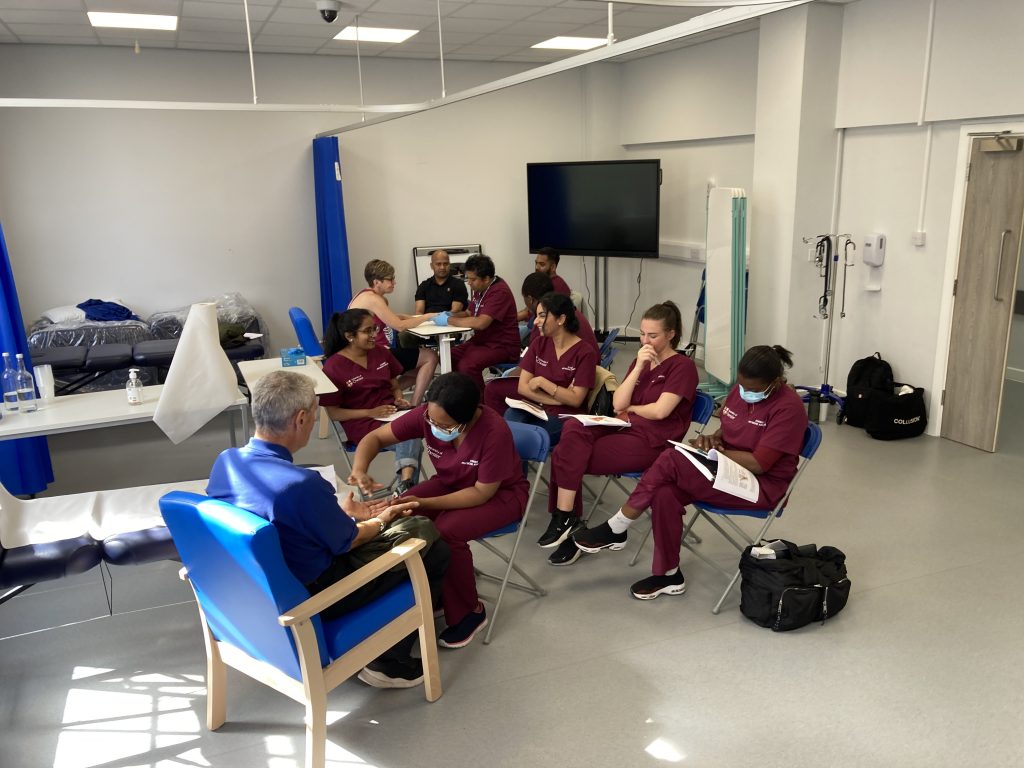
Meducate Academy has recently been involved with building a new initiative in collaboration with a GP Practice and health authority in the South of England. There has been much talk of building PA Academies around the UK and Meducate Academy have now put a package together from the ground up to help any organisation interested in doing this.
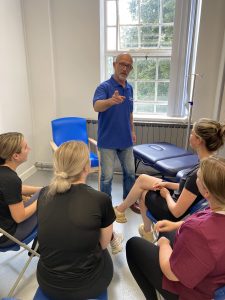 At this point, I can’t give too many details but suffice to say it was an extensive project, and we had to gather all of our resources to make it possible.
At this point, I can’t give too many details but suffice to say it was an extensive project, and we had to gather all of our resources to make it possible.
From administration to clinical teaching, from simulation to accreditation, and from recruitment to installation, we have finally put together what we think is the complete package for newly qualified Physician Associates who have got their first job.
It’s often been the case that once a PA has finished their studies and got themselves a job that things will go well. However, the feedback we have been getting is that this is not normally the case and that new PAs feel like they’re a little unprepared for moving into the workplace. It’s true to say that the employer often doesn’t have the time or resources to help and that’s where the PA Academy can fit in.
This involves some help from the employer (GP Surgery for example ) where they will release the PA one day a week for an initial period and then learn skills at the academy that will help them function at a higher level once in the workplace.
We include an example of what we have been working on below:
The Proposal
Meducate Academy will:
- Format the proposed timetable for over 36 weeks.
- Each session will last 3 hours and will involve the use of 2 Associate Clinical Educators (ACEs) and will cover the most common conditions encountered by Physician Associates in the first 3-6 months of working in a GP setting.
- Produce an overall timetable outlining the basic schedule followed by a more in-depth breakdown of what we will teach to the PA in each session, including the learning outcomes for each session.
We will cover the following common conditions encountered by PAs in this type of setting which will include:
- Chronic conditions
- MSK
- Diabetes
- Contraception
- HRT
- ENT
- Headaches and Dizziness
- Co-Morbid Conditions
- Triage
- Telephone consultations
- Note-taking/Referrals
We would also expect to discuss topics that might be in the public eye, such as changes in NICE Guidelines and Prescribing.
We will prepare this timetable in collaboration with Mr. James Ennis, Clinical Lead of the PA Programme at Chester University, who has over 10 years of experience working as a PA and as an academic teaching PAs.
Objectives
To create an Academy which will provide quality, continued professional development to PA Graduates in their first year of practice.
Achieve consistent 5-star ratings from GPs Practices and Graduates. These will be collated through several review platforms relating to the services offered through the Foundation Academy.
Aims
Create a syllabus of education that supports the PA in their first year in practice.
Develop a mentor/buddy system for each PA.
Create a feedback system that takes information from both GPs and PAs. This will allow for continuous development and improvements within the academy.
Seven Reasons for using Meducate Academy
1. References available from Senior Clinical Professionals.
2. Fully insured.
3. Supported by Prof Jim Parle and James Ennis Clinical Lead at Chester University Medical School.
4. Meducate Academy established in 2018
5. Created an Internal Accreditation and training programme for all the Associate Clinical Educators (ACE).
6. Create links with FPA and RCP regarding accrediting elements of the material for PA accessing CPD points.
7. Currently working alongside Orthopathways, assisting them in the development of software to help GP referral for MSK pathologies.
8. Intended affiliation with MSK groups such as Arthritis, UK.
Programme Outline
2 days in GP practice (or other)–Support offered–GP Educator
2 days at Foundation Academy–Support offered by GP Educators & ACEs (Associate Clinical Educators). This is based on 8 PAs in attendance. A typical day comprises 2 X 3 hr sessions.
Meducate Academy will create the syllabus. This will be signed off by the relevant clinicians. The syllabus will be based on information supplied by experienced Clinical Leads PAs and the attendees themselves.
We are currently conducting research based on the experiences of PAs who have been working in their chosen speciality for over 5 years. Results from which will help us determine the direction of the proposed course.
We will also collate feedback from the PA students who wish to attend the Academy. This approach will allow us to create a tailor-made programme comprising Student Directed Learning Modules (SDLM) TM.
Creation of a feedback loop for continuous improvement and development.
Regular Assessment of students every 3 months over the period of a 12-month timetable.
So, as you can see we have put a lot of effort into developing this model. Naturally, it will be subject to evaluation and ultimately evolution. If you are a clinician who thinks that this might help you with your current group of Physician Associates let us know. Please contact: bobspour@meducateacademy.com. We would love to have a chat and get some of your expert guidance.

